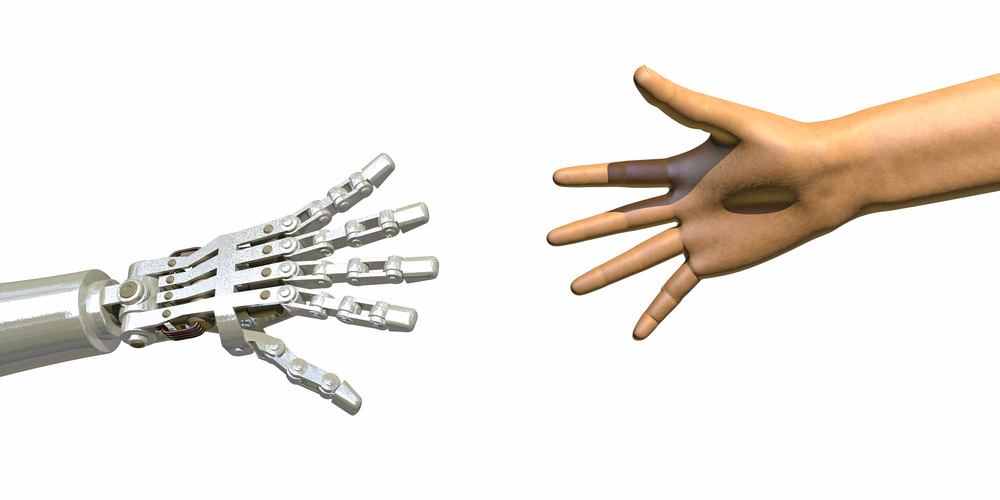Employ human beings, not human resources

Here’s a thing. It was reported recently that an elderly lady fell down on an escalator at Leeds Railway Station in the UK. Staff of Northern Rail who saw her fall failed to come to her aid. Why? Because they had not been trained in “people handling.” Northern Rail later confirmed that the staff had followed the proper procedure.
While you shout “say what!” loudly into your cornflakes, let me tell you about another thing. Management thinker Bob Sutton wrote in 2012 of an incident involving a friend’s young daughter, Phoebe. The 10-year-old girl had been booked to fly unaccompanied on United Airlines – for an additional charge.
If you know big organizations, you know what happened next. No one showed up to help Phoebe make her complicated transfer, so she missed her connection. She asked United employees for help over and over – to no avail. They were too busy. The girl’s frantic parents, on discovering their little girl had not showed up at the final destination, called United repeatedly. Also to no avail. All that United employees could say was that unaccompanied minor service was outsourced – and hence not their problem.
Did this tale have a happy ending? Only when Pheobe’s father was talking to a United employee and asking her to please find his daughter. The response? The employee said she was about to end her shift, so couldn’t help. Pheobe’s dad then asked the lady if she was a mother herself, and what if it was her child missing…that did the trick. The girl was found in just 15 minutes.
What’s happening here? Are Northern Rail and United Airlines particularly bad organizations? They probably are (United repeatedly features in social-media exposés) – but that’s not the point. Most large organizations (and many small ones too) are exactly like this – because they are designed to be.
The point is this: in most employment, you’re supposed to leave your humanity at the door. The staff of Northern Rail were not inhuman – they had been trained NOT to help any injured person, and to wait for a qualified first-aid professional. The staff of United were doing their jobs, as defined by their bosses and standard operating procedures. Compared to moving huge planes and thousands of passengers around the country, the plight of a lost little girl did not feature on the radar.
Other travellers at Leeds Station immediately tried to help the stricken old lady – whether they were trained to or not. That’s what humans who are being human do. The United staffer who finally helped find Phoebe did so once she thought like a mother and not like an employee.
That’s how it seems to work – check your humanity in at the door and become an employee, dude. That’s what we pay you to be.
What a shameful waste of life, to be employing like that and be employed like that. And what a waste of talent. This type of culture of employment is a throwback to feudal times and factory models, when we really wanted robots and automatons but were forced to employ thinking, feeling humans. Such a model has no place in modern society, and we should hang our heads in shame that we allow it to persist.
As I repeat often: the whole human being comes to work, not just the employee bit. The idea that people should become unfeeling androids when they are employed is a ridiculous pretence. In many companies, being inhuman is even termed “professionalism,” as though it’s something to be celebrated.
Here’s what I think. Embrace the entire human being before you. Understand your employees like humans understand other humans, not like slave-drivers viewing “human resources” on the cotton fields of the past. Celebrate people as people, and you’ll get the best out of them. If you want employees not to have feelings, unfeeling work is all you’ll get.

Buy Sunny Bindra's new book
The X in CX
here »
Popular Posts
- Snakes and Ladders, AKA your lifeJanuary 25, 2026
- How things fall apartFebruary 8, 2026
- Pretty isn’t the productFebruary 1, 2026
- Why the third generation might ruin everythingFebruary 15, 2026
- Make this your year of being boringJanuary 4, 2026















